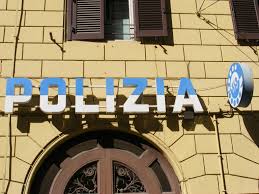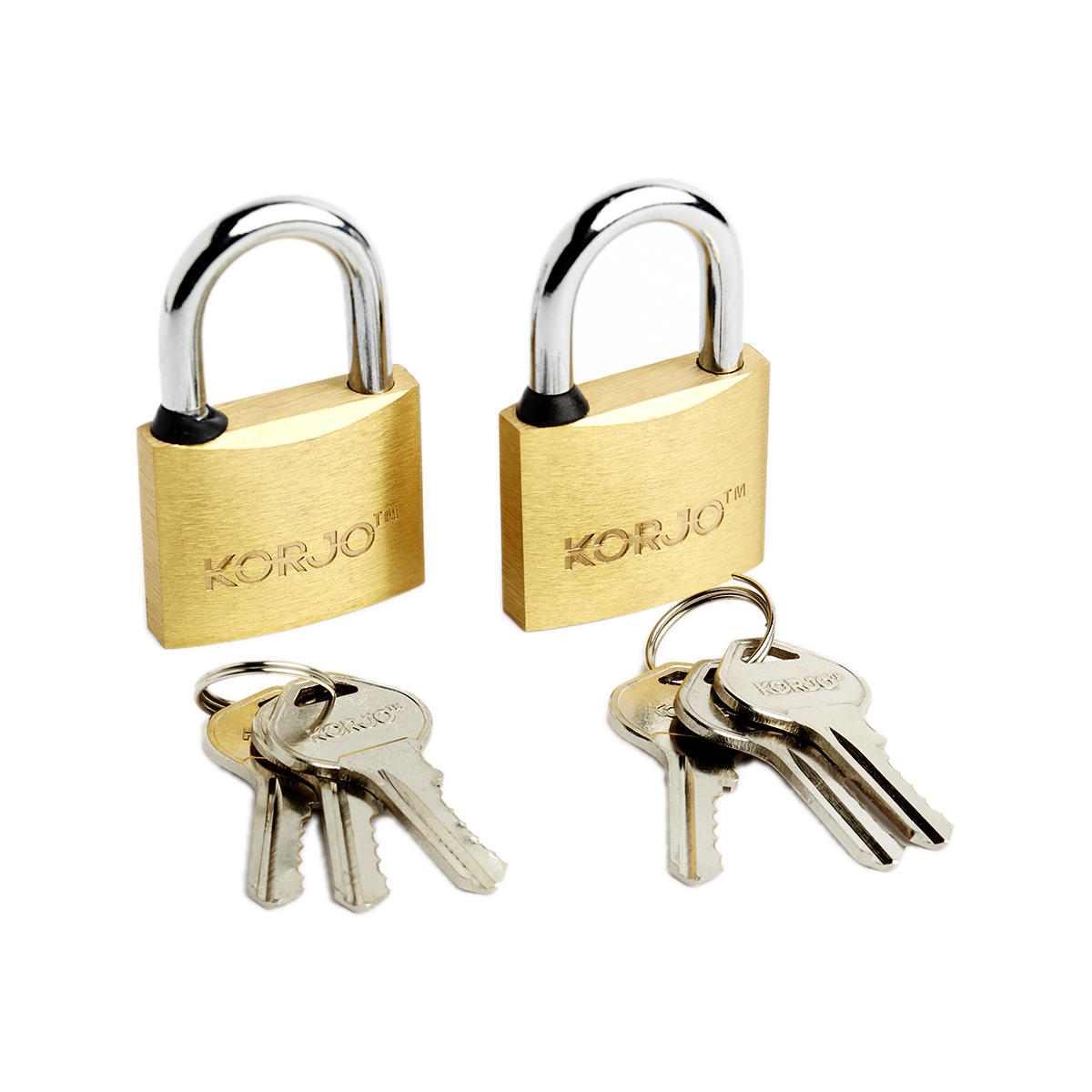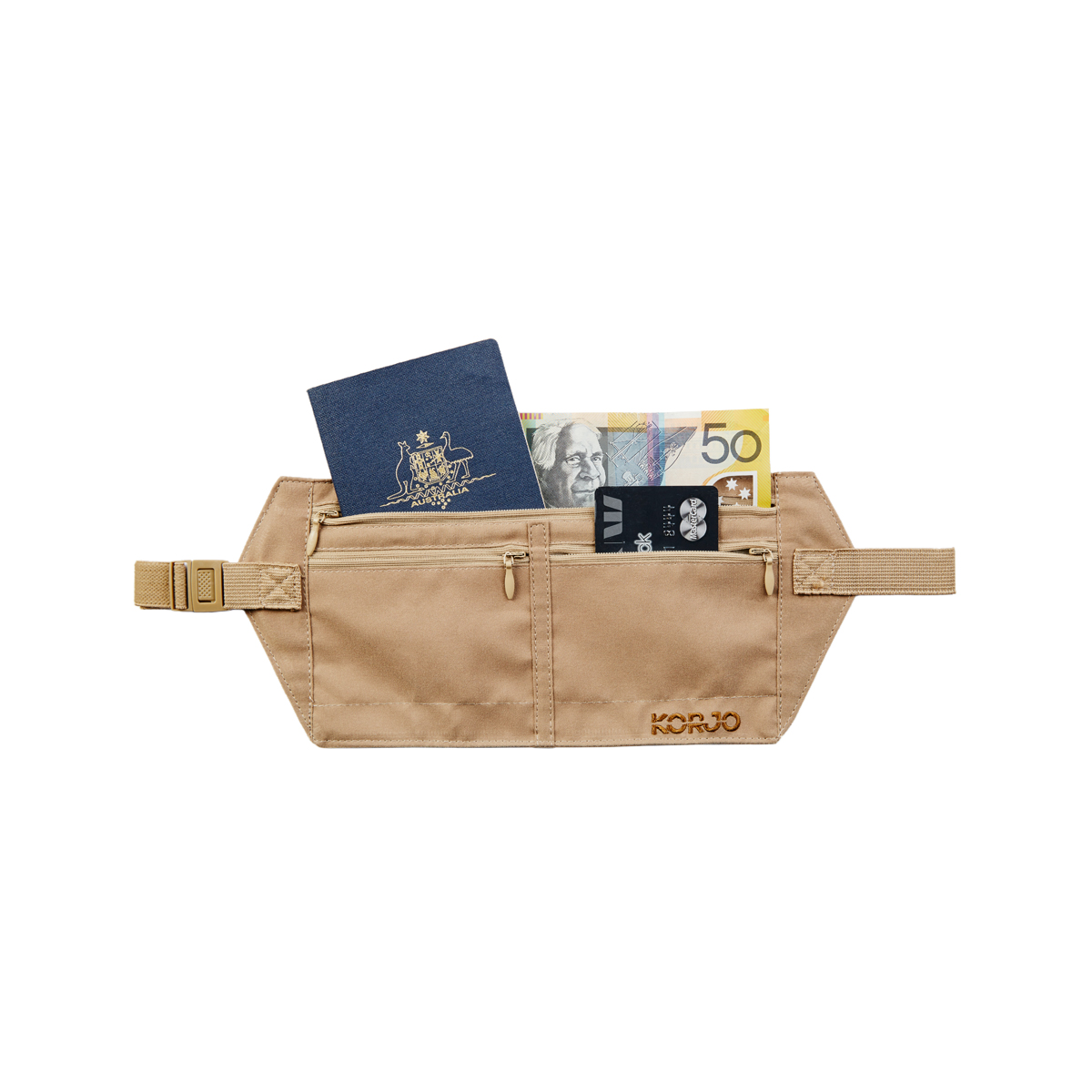Traveller’s Tips

Security and Money
Be smart, be safe, have fun!
BEFORE YOU LEAVE:
Don’t forget to cancel newspapers and lock all doors and windows. Inform trusted neighbours of your absence and arrange for them to clear your letterbox of mail (and / or have it held or redirected), and keep an eye on your home. If you are travelling for any length of time you will also want to defrost your refrigerator and freezer, turn off electricity, gas and water.
Register your plans with http://smartraveller.gov.au/Pages/default.aspx so that you can be contacted or assisted in an emergency.
Make sure that you pre-purchase items needed for your security when away (see below)
WHEN AWAY:
Whilst no-one can guarantee your security and safety when travelling, there are many things that you can do to minimise your risk. Some examples are:
- Learn about your destination and safe versus risky areas for travellers
- Keep your valuables secure (eg locks and money belts can make things harder for would-be thieves)
- Do not display expensive jewellery, watches or electronic devices. If your smart phone rings when you are walking the streets of a foreign city, pop into a store to answer it rather than stand on the street
- Be alert and don’t be distracted. Walking with your face in a map, travelguide or phone makes you more vulnerable
- Learn about local laws and customs – what is OK at home may not be legal in other destinations. Swearing / blaspheming or even just chewing gum can get you in trouble in some places!
MONEY:
You should carefully plan your budget and how you are going to take money with you on your trip. The three main options are:
Cash – very convenient, easily exchanged, but can be lost or stolen with no recourse or protection.
Credit or debit cards – very convenient and light to carry, and some may enable you to withdraw cash from ATMs overseas, although they may not be widely accepted in some countries, particularly in Africa. Beware of additional charges for using the cards overseas, and the exchange rate at which your purchases are converted to Australian dollars for your account. You should also check with your credit card company that a replacement card can be issued overseas in the event your card is lost or stolen while away. Make sure your card does not expire while you are away. For a review and comparison of cards that are specifically designed to be used while away, go to a comparison site like Canstar, Choice, Finder or Mozo.
Travel cards – these are debit cards issued by the banks that are specifically designed for travellers, and may be loaded with a number of different currencies to use during your trip. Speak to your local bank or go to a comparison website like Canstar, Choice, Finder or Mozo to see reviews and suggestions.
Travellers cheques – expensive (although some banks and cards offer discounted or free travellers cheques) and bulky, but can be bought in most major currencies, and you will be reimbursed for lost or stolen cheques. Not used commonly any more, and can sometimes be difficult to change.
It is also worth taking with you a small amount of the currency of the country to which you are going, to pay for taxis, tips and small items, etc when you first arrive. Beware, different currencies can be confusing (particularly those with lots of 0s on the end), and it is not difficult to miscalculate the conversion, leaving you paying 10 or 100 times what you really should.
Travel is full of great opportunities, experience and fun. A little sensible planning can help you to maximise the enjoyment and minimise the risks.



